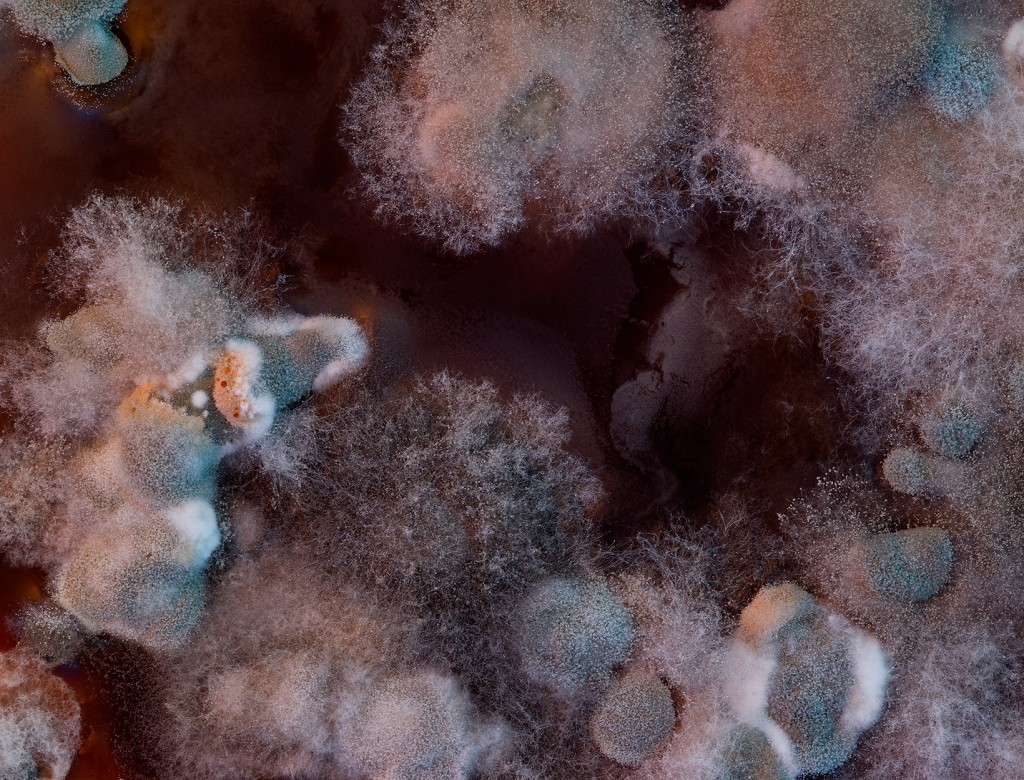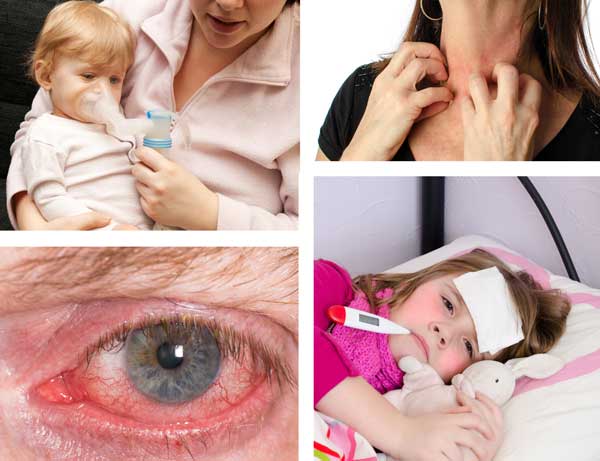Mold Exposure- Who Is At Risk?
Mold has been in the news a lot recently. You have most likely heard cautions about toxic mold, although it’s crucial to understand that, while mold exposure can cause health issues, not all mold is poisonous. Mold is most unsafe for those who are at an increased threat.

People at risk of a response to mold include:
- Children
- The senior
- Those with a compromised body immune system (consisting of those with HIV, cancer, or liver illness).
- Individuals with persistent lung disease such as COPD or cystic fibrosis.
- Individuals with allergies.
- Those with asthma.
- Health Risks of Mold Exposure.
We still don’t know everything about the health threats of mold. While there have been many high-profile cases and lawsuits claiming major illness from mold, researchers have still made a couple of links between mold direct exposure and particular medical conditions.
What we do understand is some people are more sensitive to mold exposure, especially people with asthma, compromised immune systems, lung or breathing issues, and pre-existing health conditions. The elderly and infants are also at more risk of illness from mold. So to be sure you have a mold-free home you must hire the best mold removal service like Catstrong.

There are several classifications of mold-related health issues.
1. Aspergillosis.
This name refers to lots of illnesses connected to the Aspergillus mold genus. Allergic bronchopulmonary aspergillosis or ABPA is a non-invasive disease that usually triggers allergies. Invasive aspergillosis, however, is more serious as it damages the lungs and other organs and might spread out. While anybody can establish aspergillosis, it’s most common in individuals who have cystic fibrosis, asthma, and other lung conditions.
2. Allergic Reactions.
Mold sensitivity varies by person. Individuals who dislike mold might experience skin inflammation, wheezing, stuffiness, and watery or inflamed eyes. More major allergic reactions include fever, difficulty breathing, and flu-like signs.
When you have a mold allergy, your body overreacts to the mold spores, which triggers several allergic reactions. Mold allergic reaction has been connected to asthma in some individuals. Exposure to mold spores can limit respiratory tracts and make it challenging to breathe.
3. Toxic-Related Diseases.
There have been efforts to connect mold exposure to more serious health conditions, consisting of cancer, reactive airway dysfunction syndrome (RADS), fibromyalgia, and baby lung hemorrhaging. There is still no evidence proving this connection.
Safeguarding Those At Risk.
People who are sensitive to mold or have a pre-existing health condition are encouraged to take action to prevent mold growth in their house. If you or someone you love has allergies, asthma, a compromised immune system, or persistent lung illness, it’s crucial to have a mold inspection performed so you can take the actions essential to secure your health. Learn more about mold inspection and removal services.




